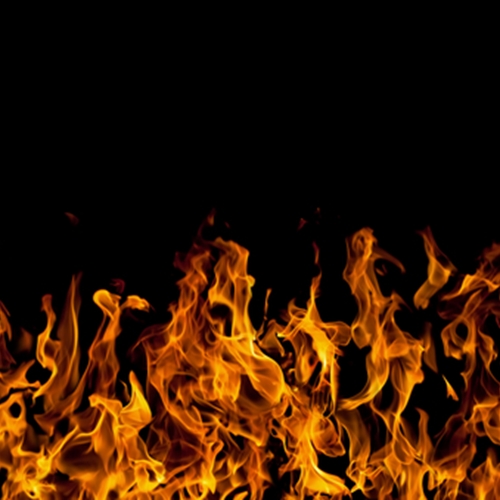
Investigators from the federal Bureau of Alcohol, Tobacco, Firearms and Explosives and the fire marshal's office in Texas have determined that ammonium nitrate was the cause of the explosion that occurred at a West, Texas, fertilizer plant on April 17.
Reuters reported that the actual cause of the fire which then went on to spark the explosion has not yet been discovered , but so far investigators believe the fire began inside the 12,000 square foot seed and fertilizer building. More than 70 investigators are currently working on the case and have established at least 200 leads so far. More than 400 interviews have been conducted.
Officials had originally set out to determine the cause of the explosion by May 10, but the complexities of the investigation have caused them to push that deadline back to an unspecified date. Inspectors have so far determined that neither anhydrous ammonia, a train car holding ammonium nitrate, a fire within the ammonium nitrate container, weather or natural causes originally started the fire.
These findings have also shut down the theory that water used by firefighters to extinguish the flames may have contributed to the explosion. Eleven of the 14 casualties were first responders on the scene.
The explosion, which registered at 2.1 on the Richter scale and killed more than a dozen people, is so far estimated to have caused $100 million in damages to nearby homes, schools and businesses. At least seven lawsuits have been filed against the owners of the plant, citing negligence. When ammonium nitrate and other hazardous materials are present in industrial buildings, it is crucial to have fire and gas detection systems and explosion-proof infrared flame detectors in place to help prevent workplace catastrophes.
Dangers of ammonium nitrate
Ammonium nitrate is commonly used as a fertilizer and is a relatively stable substance if handled and stored properly. The Environmental Protection Agency does state though that under certain conditions, ammonium nitrate is highly explosive. Explosions require extraneous forces to interact with the ammonium nitrate, such as added heat, shock or, as in the case of the West Fertilizer Co. explosion, fire.
Ammonium nitrate becomes more dangerous when stored improperly in confined spaces at large volumes. Reuters reported that the West, Texas, plant was housing 1,350 times the amount of ammonium nitrate necessary to initiate investigations and security measures by the Department of Homeland Security, but the company failed to inform the government of its supply.
Industrial Safety News brought to you by Safety Systems Technology, Inc., leaders in fire and gas detection systems.